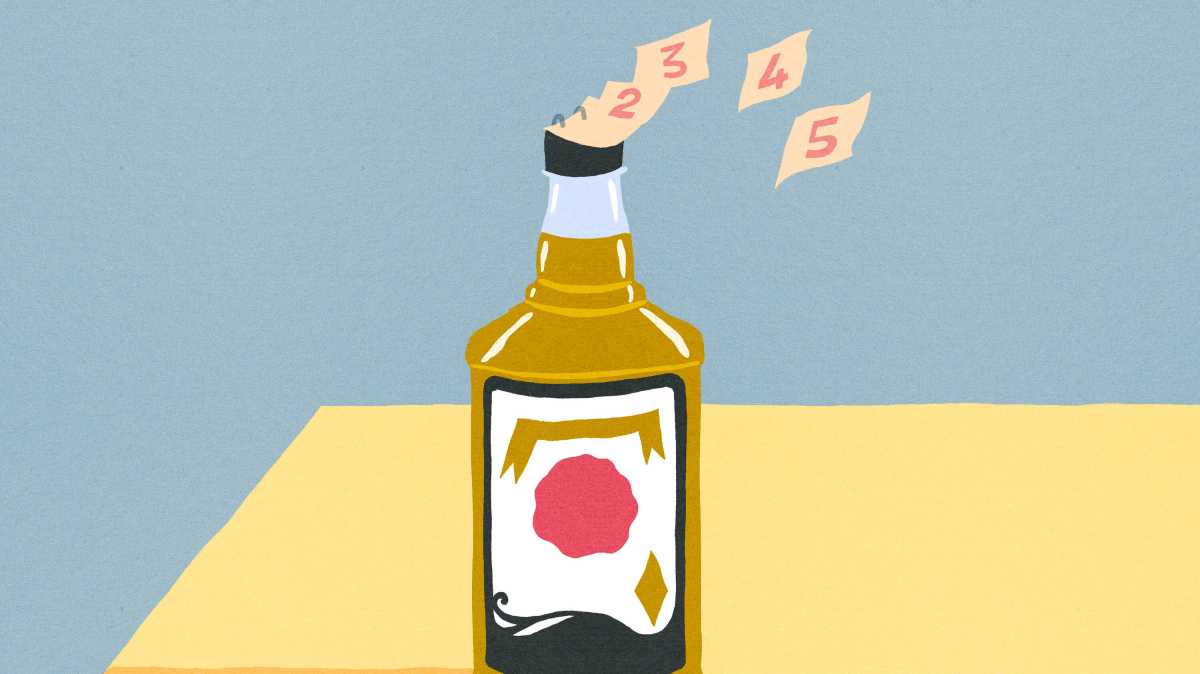Health
The Impact of Alcohol: Insights from Fiction for Anyone Considering Life After Dry January

More people in the UK have chosen to go dry this January, sparking discussions about drinking habits and the challenges of abstaining from alcohol. As the month comes to an end, many participants may be reflecting on their experience, feeling a mix of relief, pride, or anxiety. While there are numerous resources available to guide individuals in their post-Dry January journey, fiction can also offer valuable insights into the impact of alcohol on the lives of women and children.
Two notable literary works that explore this theme are Doug Stuart’s Booker Prize-winning novel ‘Shuggie Bain’ (2020) and American writer Lucy Berlin’s collection of short stories, ‘A Manual for Cleaning Women’. These books provide raw and intimate portrayals of the destructive effects of alcohol on women and mothers, offering a sobering perspective.
An example from Lucy Berlin’s story ‘Unmanageable’ depicts a mother’s desperate early morning trip to a liquor store to function amidst her addiction. She manages to return home and attend to her children, but her impaired abilities result in her sons going to school without socks, showcasing the impact on children of alcoholics.
‘Shuggie Bain’ masterfully weaves together the experiences of Agnes, a beautiful but wasted mother, and her youngest son, Shuggie. Through painstaking prose, the novel delves into both the reasons behind Agnes’ addiction and the profound consequences it has on her children. The book highlights the range of strategies children undertake to protect their addicted parents.
Both ‘Shuggie Bain’ and Berlin’s stories reveal the interconnectedness of generations affected by alcoholism. The same mother who ventures out for alcohol in the dead of night may have herself endured the effects of her own mother’s drinking. These narratives painfully illuminate the generational legacies of addiction.
While neither work shies away from depicting the harsh realities of addiction, ‘Shuggie Bain’ provides glimpses of hope and the ability to turn lives around. Stuart has noted that certain aspects and characters in the book reflect his own childhood, suggesting that there is a way through the darkness. Relationships can be salvaged, and lives can be transformed.
In Berlin’s short story ‘So Long,’ a seemingly mundane breakfast with her adult son offers a ray of gratitude and hope. They engage in casual conversation, read the news, and bid each other farewell. The protagonist reflects on the significance of such moments between mothers and sons, conveying a sense of relief and reprieve.
An essential insight offered by these works is the weight of societal expectations and the pressures they impose. In ‘Shuggie Bain,’ a heart-wrenching scene unfolds in which Agnes’s new partner coerces her into drinking at a golf club restaurant, deeming it a normal social activity. Agnes’s fear of judgment and inability to overcome societal expectations highlights the challenges faced by those on the path to recovery.
By delving into the complex world of addiction through fiction, these books offer understanding, tenderness, and compassion. They do not seek to condemn but rather facilitate empathy and provide crucial insights.
As individuals who have participated in Dry January contemplate their next steps, turning to the world of fiction may offer more fruitful guidance than dwelling on the opinions of others.












